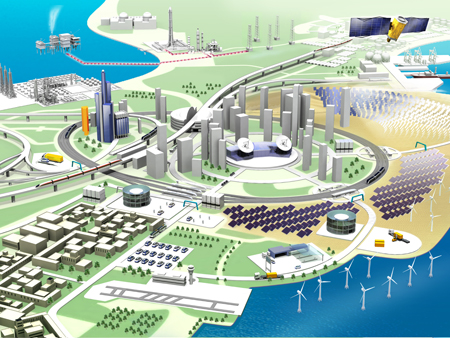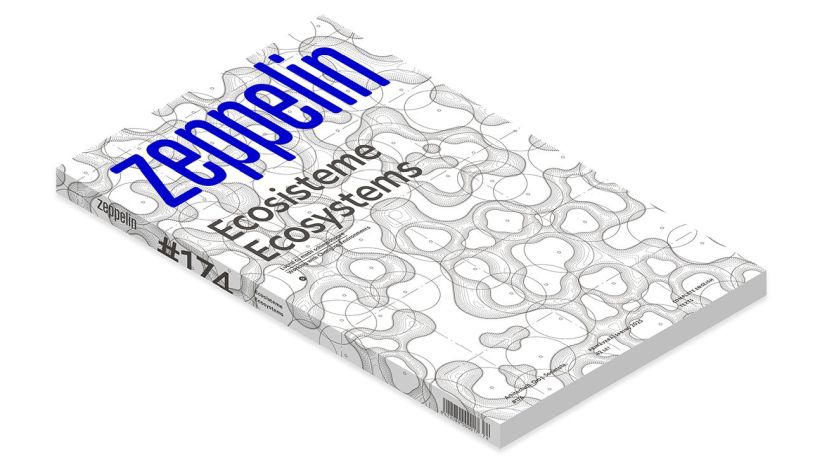Text: Cosmin Caciuc
I do not know whether it is good to venture so much as to say that the best architecture and city planning books have not been written by architects or city planners. I am not sure whether the best pamphlet that has been written (so for) on the concept of smart city is not Against the Smart City, by a non-architect like Adam Greenfield.
However, I would be quite sure that the health of any new idea, upon which the lives of so many depend – especially one on cities and huge global interest technology – must lead to a vivid and pertinent, well-informed and lengthy, debate, both ideologically and critically.
Still, post-critical question keeps bothering me: is this debate actually only the attribute of some schooled ans especially progressive elites, able to use technology’s ideological or the critic’s theoretical/academic jargons, with highly specialized resources of detailed information, with a privilege of becoming experts-opinion makers? Do the (culturally, politically economically, technically) underprivileged or unaligned play any part in this technically-oriented debate script? Those without gadgets? Those who lack the time to think, with muddy hands? Those who do not read theory books?
I would like to believe that tere are other visions beside the well-known alignment education, leading to the gradual elimination of all the deadweight presenting anti-technological, anti-progressive, anti-globalization risks. I would like to believe that the future will not divide between a globalized area of the economical elite, techno-smart and bio, living in the generic crystal cocoon of some de novo Masdar City, New Songdo or PlanIT Valley, and another hyper-localized, reactionary, fenced in, carbonic area, always ready to explode under the privileged crystal and silicone fortresses. I would like to believe that there is an included third.
At this moment, the smart city is in its testing, exploration stage. The top-down interests of super-corporations in this urban area (Microsoft, Cisco, Samsung, Philips, Hitachi etc) are much too rash and match the huge stakes of economical survival or extinction. Although they disseminate ideology and they have to deal with an equally elitist counter-ideological response (like Greenfield’s), I can imagine that there are enough resources in the underprivileged area to naturally, even spontaneously, nurture social “pouches” of alternative spatial practices, able to somehow mellow the drastic trend of top-down modernization, even beyond the 4G displays, and make us recover a sort of tardiness [zăbavă in Romanian]: a too anachronistic, too thick, too slavic term for the reactor of progress and for the cool Western university library shelf theory.


